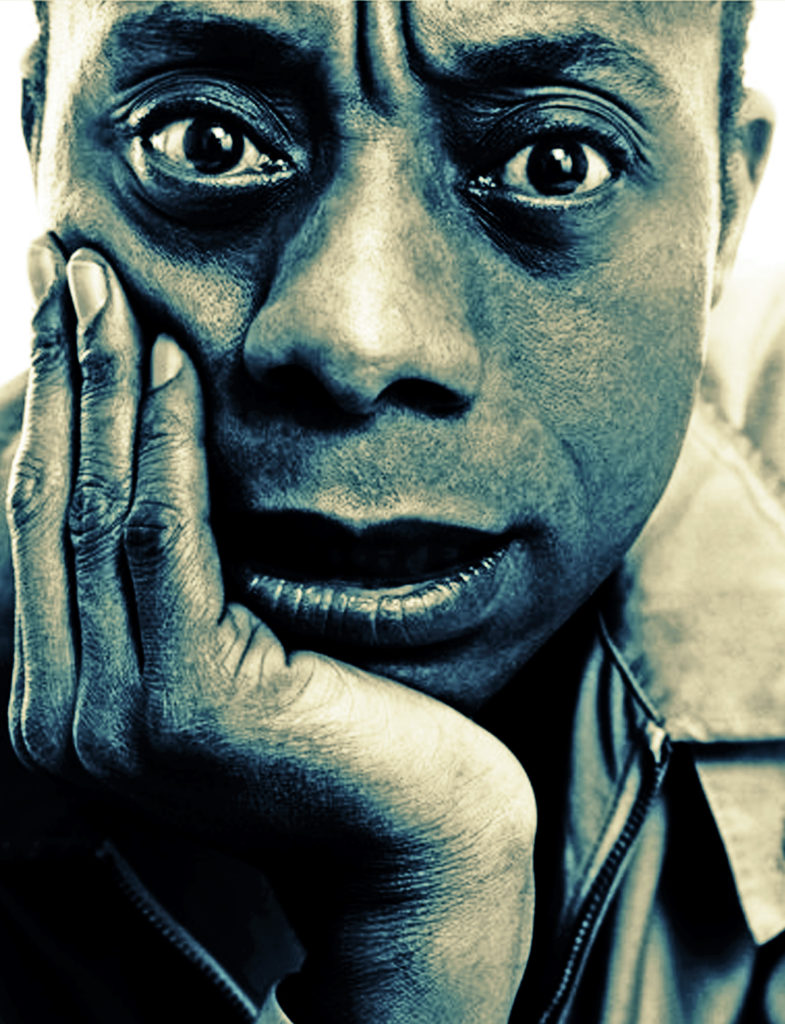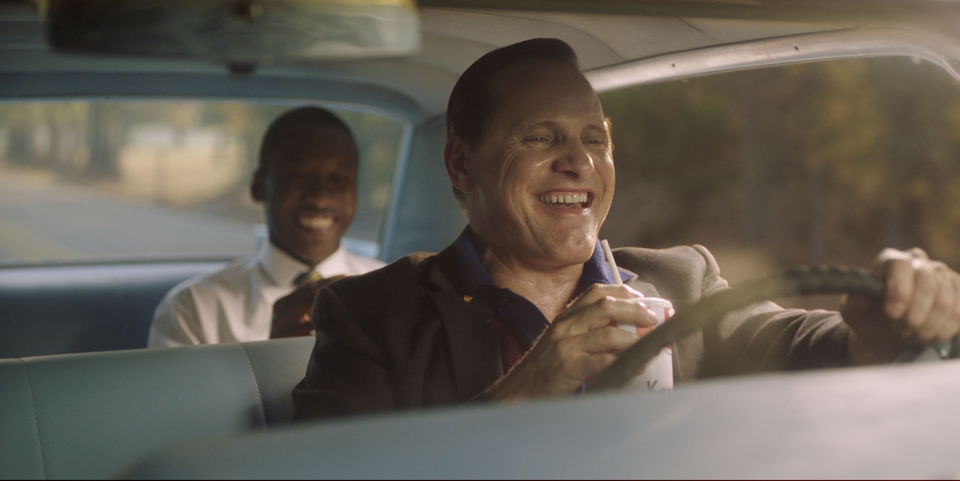How do you develop a healthy sense of self when the society into which you’re born has been constructed to deny your very identity?
This is America’s inconvenient truth, the unwanted legacy of the Peculiar Institution, and the fly in the buttermilk of every Utopian American myth and storyline since our founding. And throughout our short and tumultuous history, perhaps no artist has better captured the knotted pathology that has ensnared White and Black America in an intimate dance of mutual self-destruction than a slender, bug-eyed boy from Harlem named James Baldwin.
 He was born between the wars to a poor mother in a crowded family. As a child he struggled under the critical eye of his stepfather, a man Baldwin felt had been “defeated long before he died because, at the bottom of his heart, he really believed what white people said about him.” As a young man he came of age alongside the growing resistance of the Civil Rights Movement, a period in which he recognized himself as “a kind of bastard in the West.” And over the course of his life — and a career that spanned six books, three plays, and scores of essays, book reviews, and electric public talks — James Baldwin became a witness to the destructive power of our racist myth-making, and the redemptive power of our capacity for love and reconciliation.
He was born between the wars to a poor mother in a crowded family. As a child he struggled under the critical eye of his stepfather, a man Baldwin felt had been “defeated long before he died because, at the bottom of his heart, he really believed what white people said about him.” As a young man he came of age alongside the growing resistance of the Civil Rights Movement, a period in which he recognized himself as “a kind of bastard in the West.” And over the course of his life — and a career that spanned six books, three plays, and scores of essays, book reviews, and electric public talks — James Baldwin became a witness to the destructive power of our racist myth-making, and the redemptive power of our capacity for love and reconciliation.
Throughout his life, Baldwin questioned how his fellow Americans could develop a healthy sense of identity in a society that spent so much energy cultivating an image that was not grounded in reality. “What passes for identity in America is a series of myths about one’s heroic ancestors,” he wrote. “If we are not capable of this examination, we may yet become one of the most distinguished and monumental failures in the history of nations.
“We made the world we’re living in, and we have to make it over.”
To make the world over, Baldwin urged us to fearlessly confront the ways in which the current racial structure was preventing all Americans, oppressor and oppressed, from discovering who we were. “One may say that the Negro in America does not really exist except in the darkness of our minds,” he wrote. “Our dehumanization of the Negro then is indivisible from our dehumanization of ourselves.”
Black people (or, more specifically, the people in American culture that have been defined as “Black”) have always been regarded by White people (or, more specifically, the people in American culture that have chosen to define themselves as “White”) as caricatures, not human beings. But one can only begin to recognize another’s humanity “by taking a hard look at oneself.”
To recognize one’s true identity as an American, therefore, requires recognizing the full weight of our racial history — no matter how painful — and the full scope of the ways our racial fantasies and attendant myths have shaped the construction of both our individual and shared identities. “We take our shape within and against that cage of reality bequeathed us at our birth,” he wrote. To believe oneself to be White or Black is to deprive oneself of a viable identity. What binds us together is not these artificial categories of social construction, but “our endless connection with, and responsibility for, each other.”
“If we,” he wrote in 1962, “and now I mean the relatively conscious whites and the relatively conscious blacks, who must, like lovers, insist on, or create, the consciousness of the others — do not falter in our duty now, we may be able, handful that we are, to end the racial nightmare, and achieve our country, and change the history of the world.
“We are walking in terrible darkness here, and this is one man’s attempt to bear witness to the reality and the power of light.”

Recent Comments